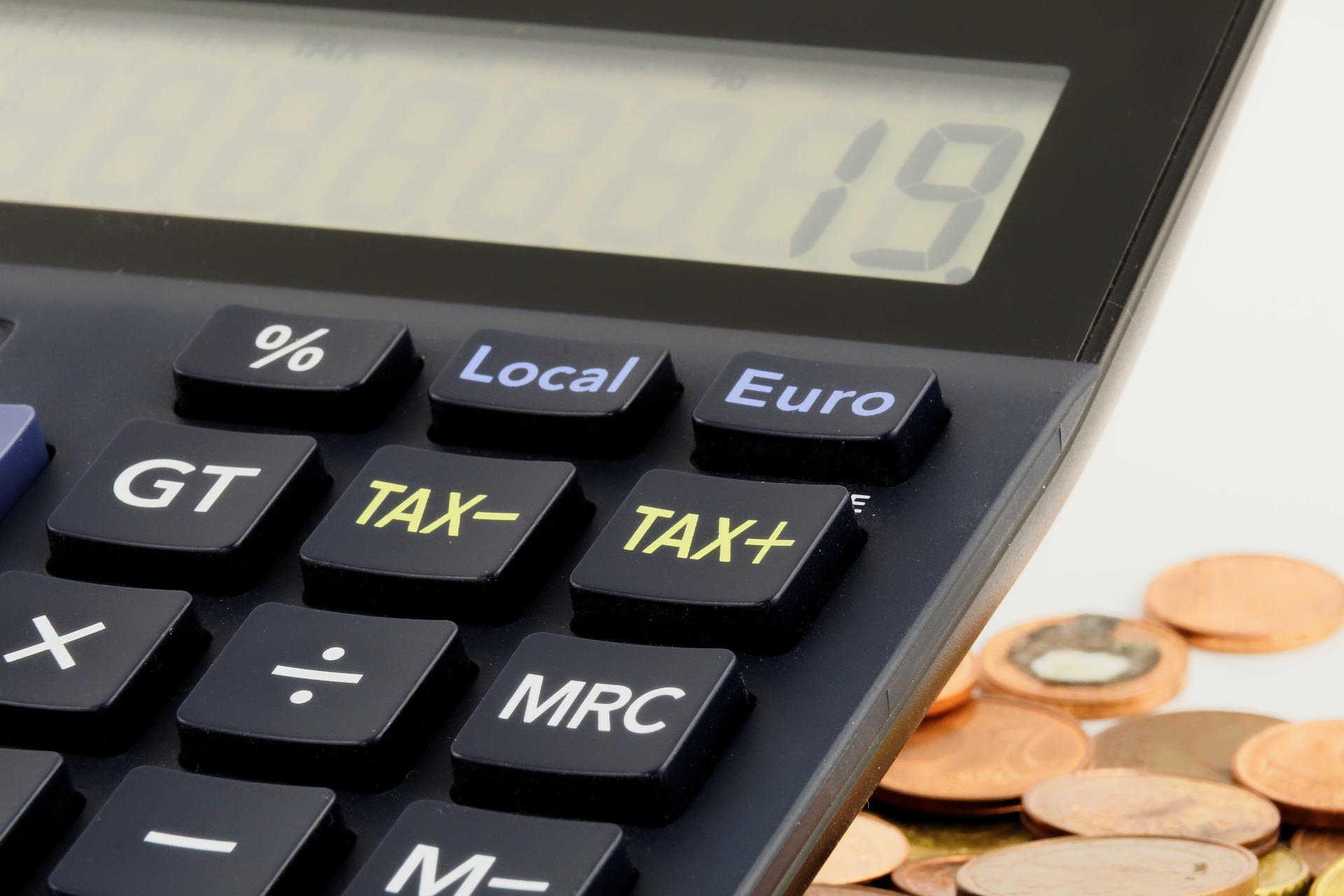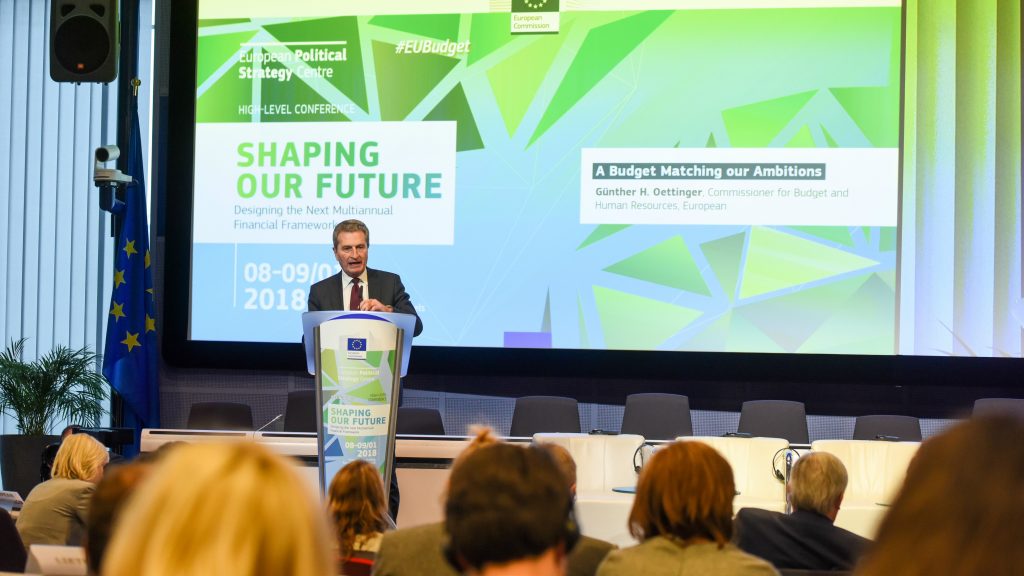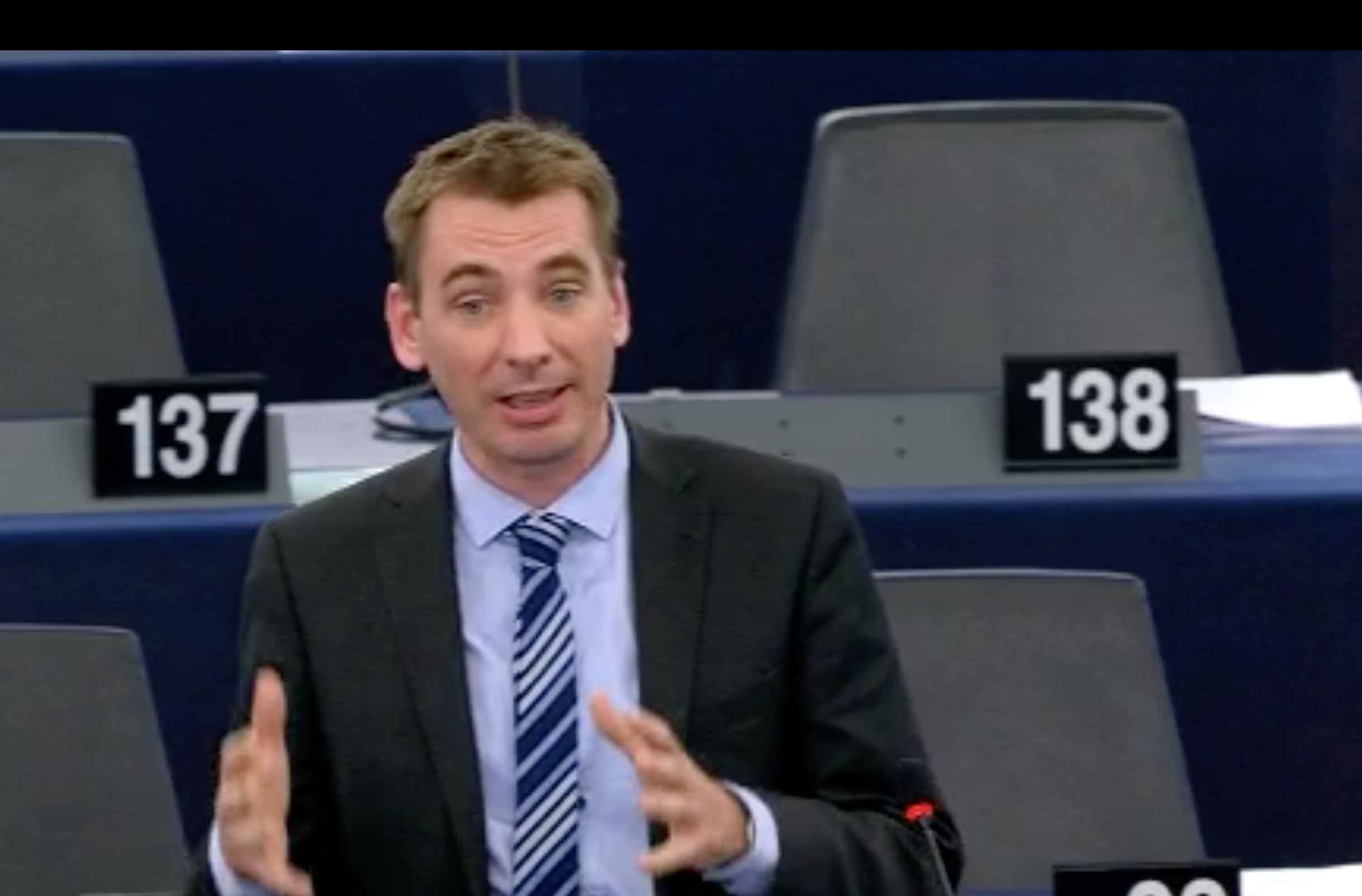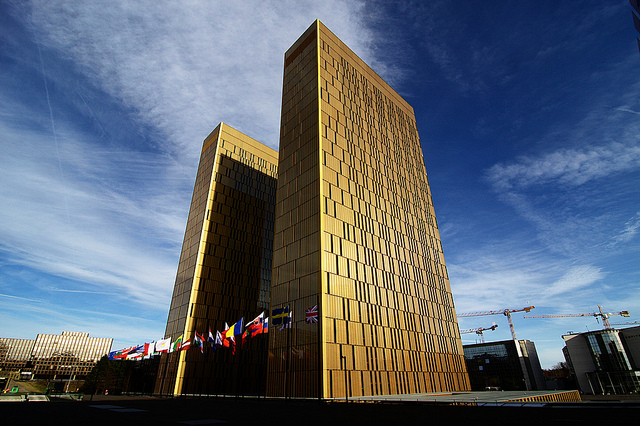People who expose the truth nowadays are harassed, demoted, fired, or sued by employers who are desperate to silence them. Also known as “whistleblowers”, these people speak up to defend our rights, but when they say something their bosses don’t like, they suffer fierce retaliation.
The good news is that all of this could soon become a thing of the past: The European Union is on the verge of adopting a new law that would protect people who tell the truth and punish the bullies that are trying to shut them up.
But we need to make sure that the law is done right! People who tell the truth shouldn’t be punished. So please join our campaign and put pressure on your government – because the #TruthNeedsFriends.
About the #TruthNeedsFriends Campaign
We have a massive opportunity to end the fear, silence, loneliness and bullying that some people suffer from just for telling the truth. The European Union should soon adopt new legislation that will change the lives of people who reveal the truth about illegalities, corrupt practices and other dodgy dealings – otherwise known as whistleblowers
The first of its kind, the new European Whistleblower Directive would oblige all 27* EU governments to introduce minimum standards of protection for truth-tellers.
These protections would include penalties for people that retaliate against whistleblowers or try to shut them up; an obligation for public and private bodies to set up channels for receiving reports and to keep the identity of the whistleblower confidential; and legal shields for whistleblowers so that, if for example they breach a confidentiality agreement, they would not be held liable for it.
A law like this could eventually overturn the strong social norm that we learn as we get older: If you want to stay out of trouble, keep your head down and your mouth shut. But this social norm is what allows people with no shame to “get away with it”: whether it be marketing horse meat as beef, sexually abusing the people you’re supposed to protect, or spying on everyone in the world.
Punishing people who tell the truth is not only unfair, it’s a perversion of the values that we were all brought up with as children. We cannot allow the corrupt – desperate to cover their tracks – to starting firing, demoting, harassing or suing the only person who cared enough to tell the uncomfortable truth.
We want a world in which the truth has nothing to fear.
So far, the European Parliament has been the strongest in defending the right to the truth. Now, the Parliament has to negotiate with the European Commission and the Council (where all the EU governments are represented) in order to draft the final version of the much-awaited whistleblower protection law. It’s a race against time to get it adopted before the upcoming European Parliament elections.
Unfortunately, not all governments are fully convinced about the possibility of allowing people like us, or your colleagues or family members, to break the silence. And that’s why we’re launching the #TruthNeedsFriends campaign.
The #TruthNeedsFriends campaign seeks to motivate people to stand up to the bullies of the adult world who seek to hide the truth. By sharing the video and tagging our government representatives on social media, we are letting them know that we want to defend the truth and to protect the people who speak up.
The future of whistleblowers across Europe is hanging in the balance – which is why the truth really needs a lot of friends right now. Friends like you!
Find out more about our work on whistleblowers here:










